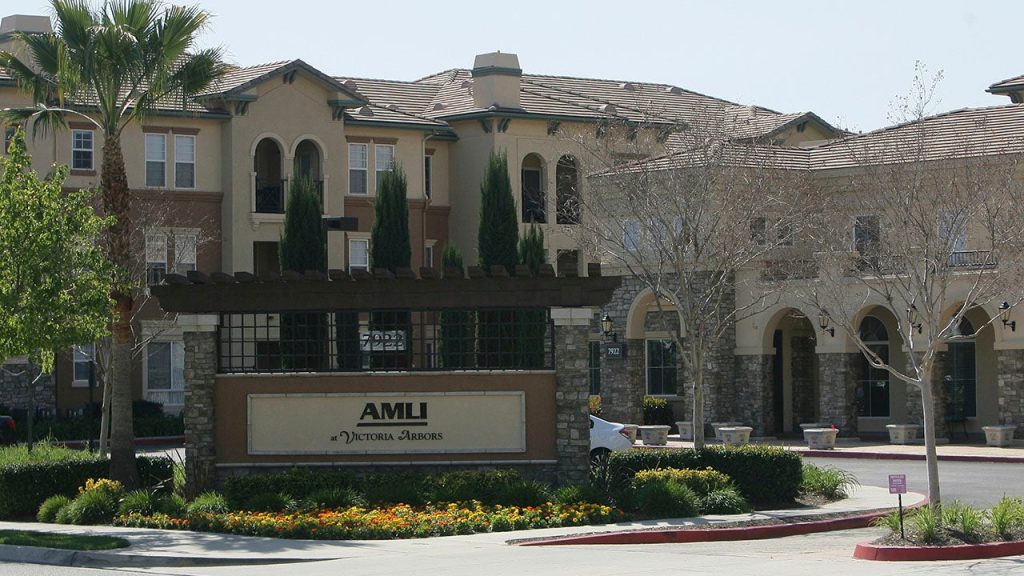The case of Michael Wei Yueh Liu and Jing Dong unveils a sophisticated “birth tourism” operation that exploited the legal principle of birthright citizenship in the United States. Operating under the guise of “USA Happy Baby Inc.,” Liu and Dong targeted affluent Chinese women, promising them the allure of American citizenship for their newborns in exchange for substantial fees. Their scheme preyed on anxieties regarding China’s environmental and political landscape, contrasting them with the perceived superiorities of American life, including better air quality, educational opportunities, food safety, and political stability. This narrative served as a powerful motivator for expectant parents eager to secure a brighter future for their children. The operation charged varying fees, ranging from $20,000 to $40,000, with VIP clients paying upwards of $100,000 for the “service.”
This meticulously orchestrated operation extended beyond merely facilitating travel and accommodation. Liu and Dong employed a network of agents within China tasked with recruiting pregnant women and providing them with comprehensive coaching on how to navigate U.S. consulate interviews. This coaching included instructions on fabricating visa applications, falsely stating the purpose and duration of their visit as tourism for a few weeks, while concealing their true intention of remaining in the U.S. for three months for childbirth. The deception also extended to misrepresenting their intended destinations, claiming stays in popular tourist locations like Hawaii, New York, or Los Angeles, while actually planning to reside in Rancho Cucamonga or Irvine, California. This intricate web of lies was designed to circumvent U.S. immigration controls and ensure the women’s successful entry into the country.
To further minimize the risk of detection, the scheme incorporated strategic travel advice. Pregnant women were instructed to fly to specific ports of entry believed to have less stringent customs scrutiny, such as Hawaii, before proceeding to their final destination in California. They were also advised on tactics to avoid suspicion, such as wearing loose clothing to conceal their pregnancies and selecting specific customs lines perceived as less thorough. The women were even coached on how to respond to questions from customs officials, further reinforcing the deceptive nature of the operation. These calculated maneuvers underscore the deliberate and systematic effort to exploit loopholes in the U.S. immigration system.
The logistical arrangements within the U.S. were equally carefully planned. Liu and Dong leased apartments in Orange and San Bernardino counties under the names of individuals who had no intention of residing there, providing the expectant mothers with discreet accommodations throughout their stay. This ensured their clients remained under the radar of authorities while maintaining a semblance of normalcy during their extended stay in California. This deliberate concealment of the true purpose of the women’s presence in the U.S. further highlights the illicit nature of the enterprise.
The profitability of the “birth tourism” scheme is starkly evident. Over its three-year operation, Liu and Dong amassed several million dollars, demonstrating the high demand for such services among affluent Chinese families. This financial success underscores the lucrative nature of exploiting the legal loopholes surrounding birthright citizenship, prompting ethical and legal questions about the integrity of the system. The sentencing of Liu to more than three years in prison signals a clear message from the justice system regarding the severity of these offenses.
The conviction of Liu and Dong on charges of conspiracy and international money laundering marks a significant victory for law enforcement in combating “birth tourism” operations. These convictions highlight the government’s determination to prosecute individuals who engage in such schemes, emphasizing that manipulating the U.S. immigration system for personal gain carries serious consequences. The case serves as a deterrent to others who might consider engaging in similar activities, underscoring the legal risks and potential penalties associated with exploiting birthright citizenship laws. The pending sentencing of Dong further reinforces this message of accountability. The case also raises important questions about the ethical implications of birth tourism and the need for stricter regulations to prevent future exploitation of the system.

